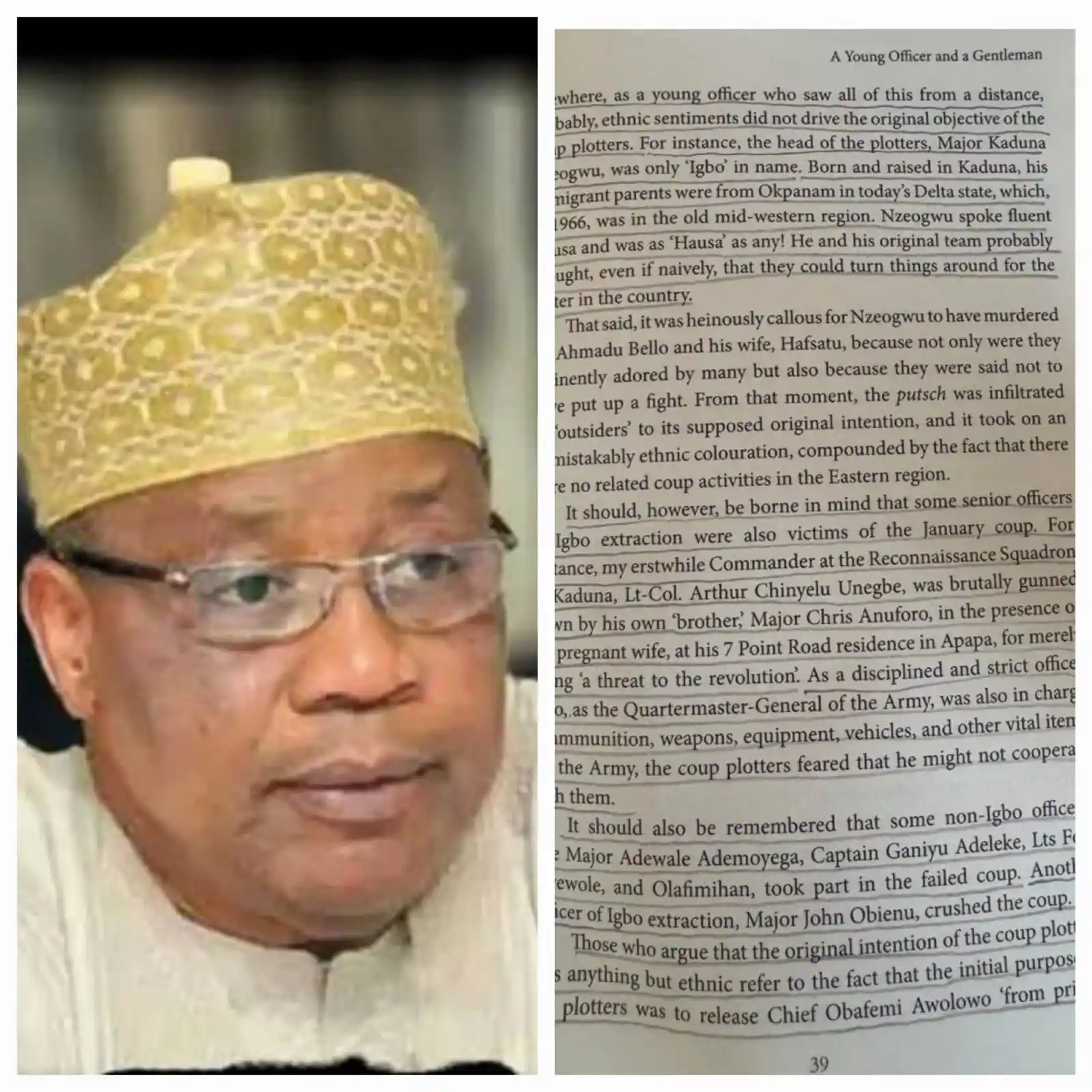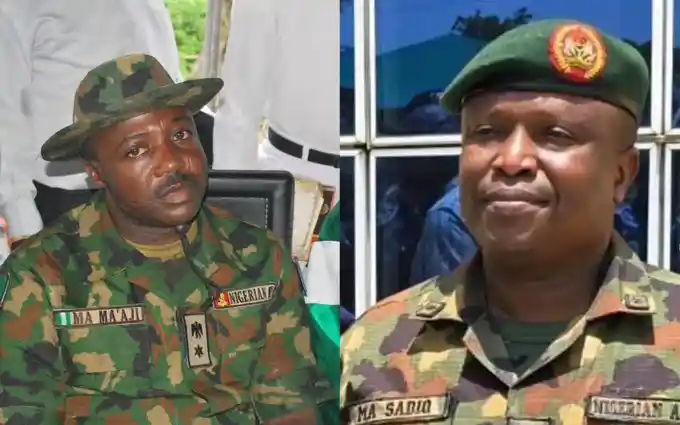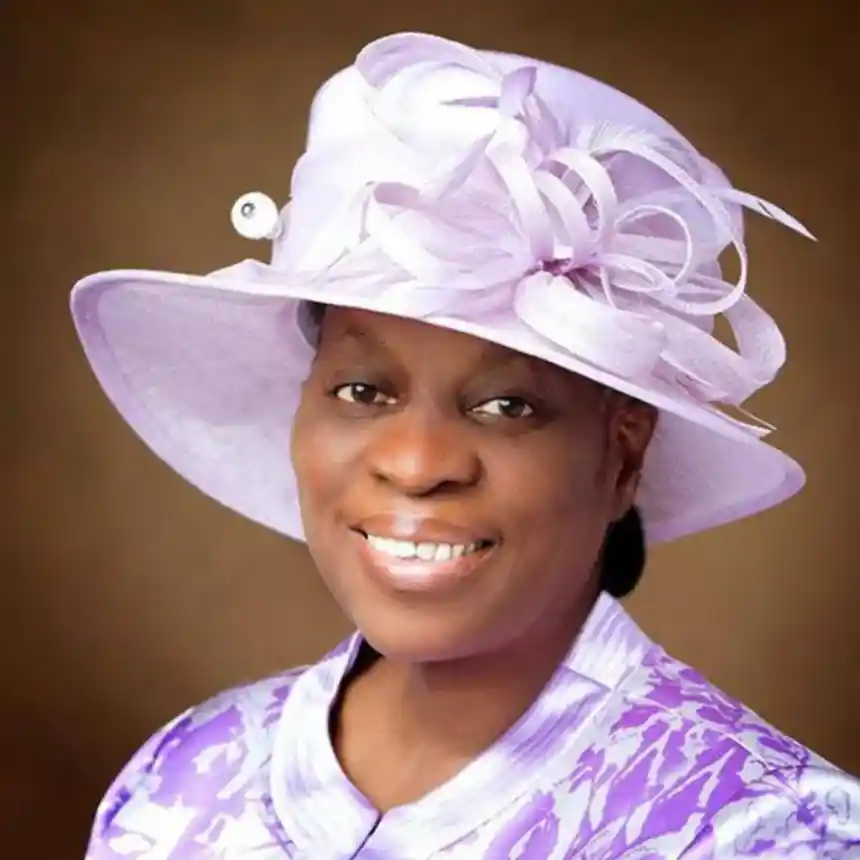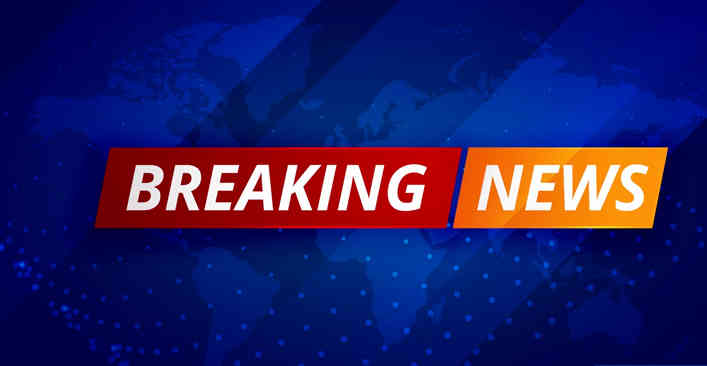The calls for the prosecution of former Nigerian military ruler, General Ibrahim Babangida (retd.), have intensified following the launch of his autobiography, A Journey of Service, on February 20, 2025. Survivors of his regime, pro-democracy activists, and human rights advocates have demanded justice for the numerous alleged human rights violations, suppression of press freedom, and corruption scandals that marked his administration from August 27, 1985, to August 26, 1993.
Babangida’s legacy remains controversial, with many accusing him of truncating Nigeria’s democracy by annulling the June 12, 1993, presidential election, widely regarded as the freest and fairest election in the country’s history. His regime was also marked by extrajudicial killings, the suppression of opposition voices, and economic policies that allegedly benefited the elite while impoverishing the masses.
With his book launch drawing both criticism and renewed scrutiny, activists argue that Babangida must face trial for his actions rather than being celebrated.
Babangida’s Controversial Legacy
General Ibrahim Babangida came to power in 1985 after overthrowing General Muhammadu Buhari in a bloodless coup. His administration initially gained public support due to promises of economic reform and political transition to civilian rule. However, as time progressed, his government became synonymous with human rights abuses, corruption, and political manipulation.
The Annulment of the June 12, 1993 Election
One of the most significant controversies of Babangida’s regime was the annulment of the June 12, 1993, presidential election, which was won by Moshood Kashimawo Olawale Abiola. The election was deemed Nigeria’s most credible, but Babangida cited vague reasons, including alleged electoral irregularities, for its cancellation.
The annulment led to mass protests, during which security forces reportedly killed over 100 demonstrators. Many pro-democracy activists, journalists, and opposition figures were arrested, harassed, or forced into exile.
Babangida’s decision to annul the election plunged Nigeria into political instability, paving the way for the brutal dictatorship of General Sani Abacha. Critics argue that the annulment was a betrayal of the Nigerian people and a deliberate move to extend military rule.
Crackdown on Press Freedom and Political Opponents
Babangida’s administration was notorious for suppressing press freedom. Several media houses, including PUNCH Newspapers, The Guardian, and Newswatch Magazine, were shut down for publishing critical reports on corruption and human rights violations.
The most infamous case was the assassination of investigative journalist Dele Giwa, who was killed by a parcel bomb on October 19, 1986. Although Babangida has never been directly linked to Giwa’s death, many believe the murder was orchestrated by state security operatives to silence investigative journalism.
Babangida’s regime also targeted opposition politicians and activists. Many were detained without trial, while others were forced into exile. His government carried out high-profile executions, including that of his childhood friend, General Mamman Vatsa, who was accused of plotting a coup. The circumstances surrounding Vatsa’s execution remain controversial, with some claiming that the charges against him were fabricated.
Economic Policies and Alleged Corruption
Babangida introduced the Structural Adjustment Program (SAP) in 1986, aimed at liberalizing Nigeria’s economy. However, the policy led to inflation, job losses, and increased poverty. Many Nigerians accused Babangida and his associates of enriching themselves through corrupt practices while the majority suffered economic hardship.
Also Read:
- Flashback: How Tinubu Allegedly Sought Political Appointment from Abacha After Abiola’s Election Annulment
- 1966 Coup Not an ‘Igbo Coup’ – IBB’s New Book Highlights Nigeria’s Injustice Against Igbos
His regime was also involved in major financial scandals, including the alleged mismanagement of $12.4 billion in oil windfall revenues between 1988 and 1992. Despite numerous calls for an investigation, no one has been held accountable for the missing funds.
Activists and Victims Demand Justice
As Babangida’s book launch sparked fresh debates about his legacy, many victims and activists reiterated their demand for his prosecution.
Human Rights Activists Speak Out
The President of the Committee for the Defence of Human Rights, Debo Adeniran, condemned Babangida’s actions, stating that he should not be allowed to escape justice.
“I was detained during the early days of the June 12 protests alongside Chima Ubani, Ebun Adegoruwa, and other comrades. We were arrested in Ikeja while protesting and remanded in prison. The June 12 annulment was a coup against democracy. Babangida should be prosecuted for his crimes against humanity,” Adeniran said.
Femi Aborisade, another pro-democracy activist, argued that Babangida should spend the rest of his life in prison. “IBB is a tyrant who annulled a democratic election, causing the deaths of many Nigerians. His so-called regrets are insincere. He must face justice,” Aborisade stated.
Families of Victims Demand Accountability
The daughter of late activist Alao Aka-Bashorun, Morayo Brown, criticized the Nigerian government for allowing Babangida to be celebrated despite his past atrocities.
“My father fought against Babangida’s dictatorship and was jailed multiple times. He had to go into exile because of persecution. Now, we are expected to forget and move on? Babangida should be prosecuted for the crimes he committed,” she said.
Jonathan Vatsa, the younger brother of the executed General Mamman Vatsa, also demanded that Babangida make restitution. “Babangida owes Nigerians an apology and must return everything he took from the country unlawfully,” he insisted.
Public Reactions to Babangida’s Book
Babangida’s autobiography, A Journey of Service, has been met with mixed reactions. In the book, he claims that the annulment of the June 12 election was influenced by forces within his administration. However, many Nigerians reject this explanation, accusing him of distorting history to absolve himself of blame.
Omoyele Sowore, a former student leader during the June 12 struggle, dismissed Babangida’s claims, calling him a “murderer and enemy of democracy.”
“IBB killed students, killed Dele Giwa, killed Mamman Vatsa, and killed young officers to maintain his grip on power. He should be in prison, not writing books,” Sowore said.
Babangida’s account of the 1966 coup also sparked controversy. In the book, he argues that the coup was not ethnically motivated, contradicting the long-held belief that it was an Igbo-led plot. His claims have reignited debates about Nigeria’s history and ethnic divisions.
Editor’s Note.
The legacy of Ibrahim Babangida remains a subject of intense debate. While some view him as a strategic leader who played a significant role in Nigeria’s history, others see him as a dictator who betrayed the country’s democratic aspirations.
The renewed calls for his prosecution highlight the deep wounds left by his administration. As Nigeria continues to grapple with issues of justice and accountability, the question remains: Will Babangida ever face trial, or will history move on without holding him accountable?
For many victims and activists, true reconciliation can only come when those responsible for past atrocities are brought to justice. Until then, the debate over Babangida’s role in Nigeria’s history is unlikely to end.











